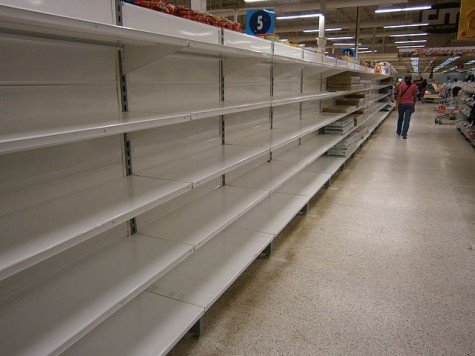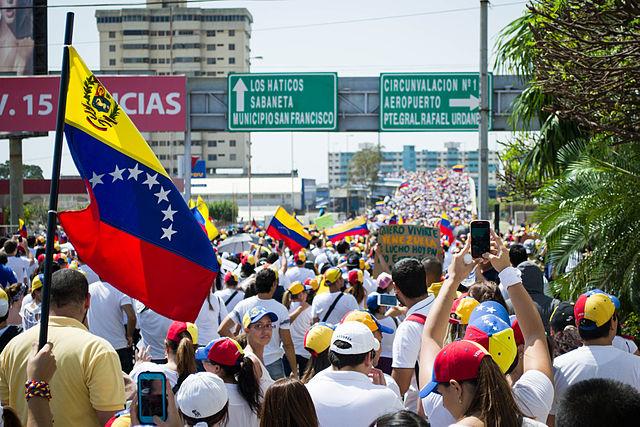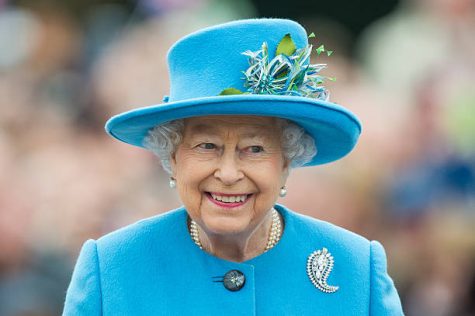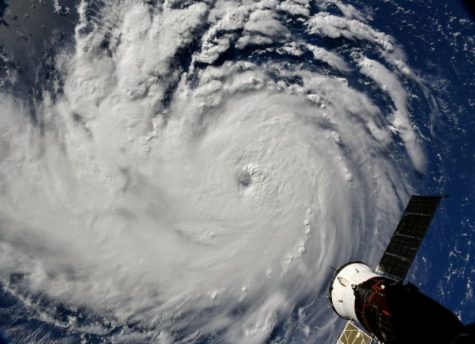Venezuela’s economy in crisis as government declares “economic emergency”
Venezuela is in hot water, and not just because it sits above the equator. Five days ago, the South American country’s government declared the country to be in a 60-day state of “economic emergency” after releasing several years’ worth of economic data, the first set published since 2014.
With the new data came shocking revelations about the state of Venezuela’s economy. In the 12 months leading up to September of last year, annual inflation reached up to 141% according to the Venezuelan National Bank, which is the world’s worst (economist.com, dailytimes.com.pk). This left the government unable to afford basic food imports like milk, flour and eggs, resulting in empty store shelves, long lines of customers, and growing agitation amongst the Venezuelan people. “There are no eggs, there’s no milk,” said Russ Dallen, a frequent traveler to Venezuela due to his company’s investments there. “It’s getting worse.” (money.cnn.com)
He’s not wrong. Inflation in Venezuela is expected to to be at over 200% right now by the IMF (economist.com), making it very likely for the country to go into financial default.
The country’s financial troubles can largely be blamed on astronomically low oil prices, which account for as much as 95-96% of its foreign revenue. Yet the fall in prices over the past 18 months has slashed revenues by 60%. Venezuela owes more than $10 billion just in debt payments, about half of which is due in October and November of this coming year. Unless oil prices rise soon, the country is expected to continue struggling with its economy and its debt (bbc.com).

The people are aware of how disastrous these figures are; the economic situation has had a strong effect on Venezuelan citizens. To avoid the long lines food shortages bring, people have taken to stealing as opposed to working, which resulted in one of the world’s highest crime rates and almost one dead police officer per day in 2015 (time.com). People who smuggle goods like pasta or gas across the Colombian border have the potential for much better pay than doctors or engineers, who receive the equivalent of a dollar a day for their work. Such conditions have led to violent protests over the past two years, many ending in injury if not death.
“Every year there are elections but this is the first time the government is up with a political crisis of this magnitude,” Julia Borges, an opposition party coordinator against Venezuelan president Nicolás Maduro, told TIME magazine. “In Venezuela everyone is scared—including the government.”
So far, the government is still deliberating what to do. With the majority of parliament being run by the president’s opposition (MUD), differing opinions could likely cause gridlock. If the National Assembly passes the proposed “economic emergency,” President Maduro would have 60 days of less restrictive authority in economic issues, which some believe could be dangerous. However, action is necessary; it just depends on how the government decides to go about it.
NOTE ABOUT FEATURE IMAGE: Feature image taken by









